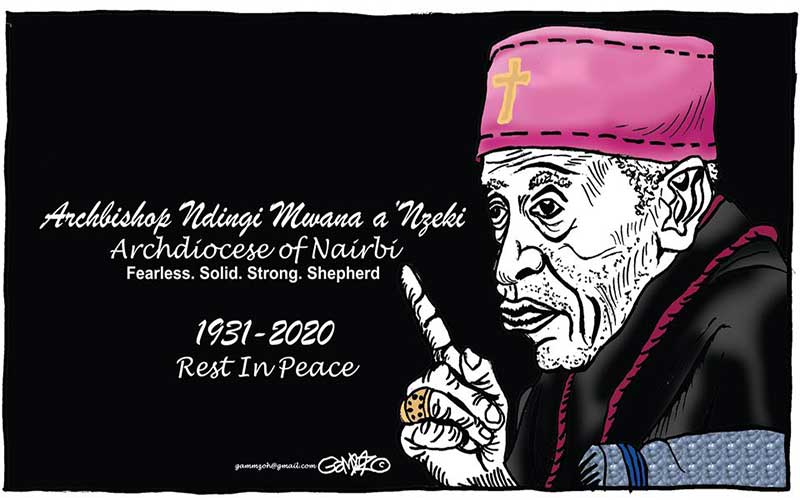
Father Lawrence Njoroge wrote a book on Catholicism in Kenya titled, A Century of Catholic Endeavour, in which he capture the mood in the transition from colonialism to postcolonial times. In the prevailing nationalist environment, there was an Africanisation atmosphere in everything and every profession, including those in religions. The religious ones sought to decolonise religious establishments such as the Catholic Church, the CMS, the Methodists, the Salvationists, the Baptists, the Adventists, the Friends, and the AIC.